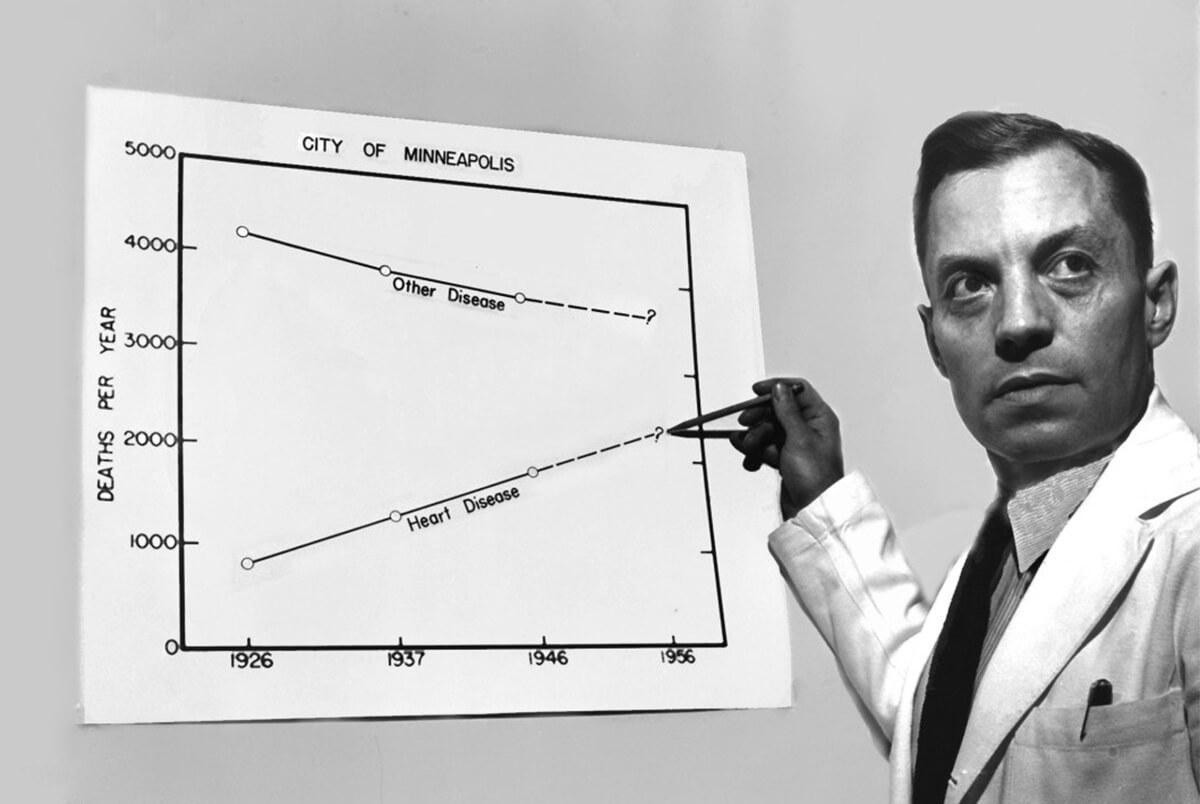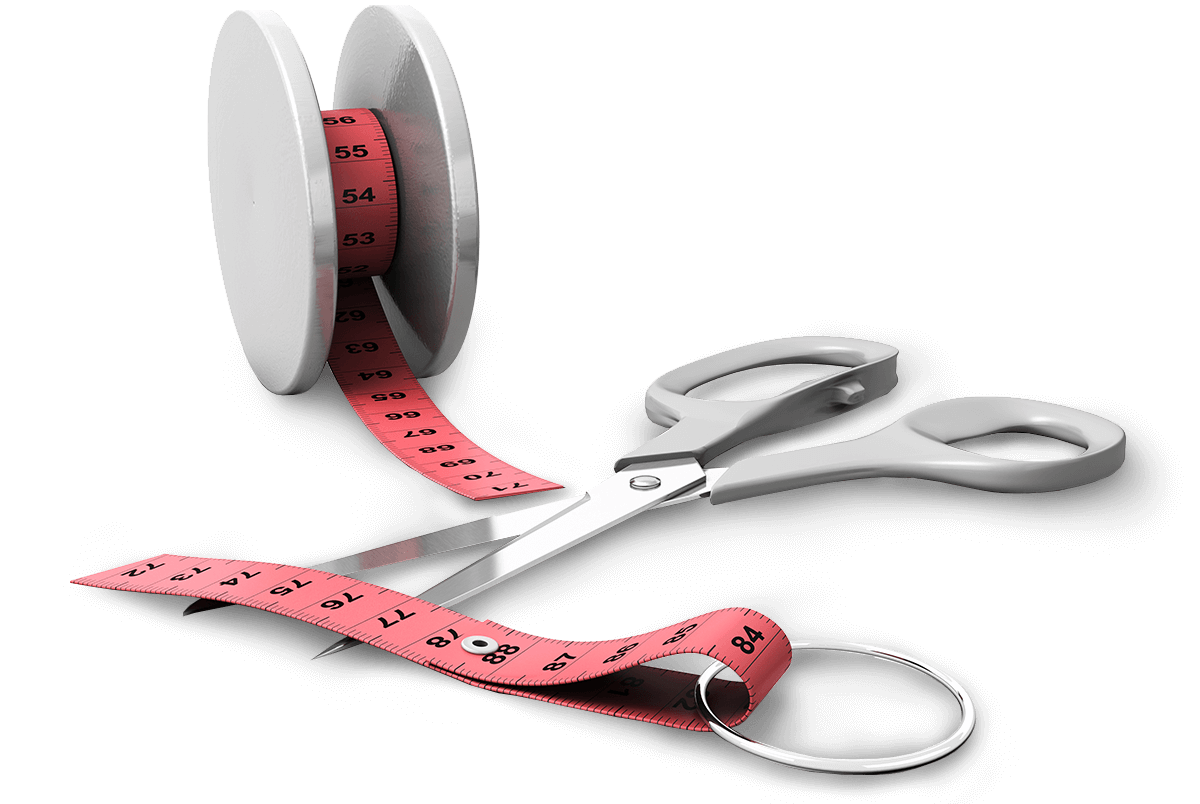What is the Yo-Yo Effect?
Everything you need to Know about the Yo-Yo Effect…
Likely you’ve heard about it. Maybe you’ve even experienced it yourself. The dreaded yo-yo effect!
You’ll starve yourself, and lose a few pounds during your run-of-the-mill weight-loss diet. You then eat the way you always have, whatever that may be. You then weigh yourself, and to your surprise, you are heavier than you were before.
Nutritionists call this phenomenon the yo-yo effect. A term coined by Kelly D. Brownell, a Yale University professor at the time. Also called “weight cycling,” yo-yo dieting is where you lose weight on a weight-loss diet, but you suddenly regain it back after reverting back to your “normal” diet. You then must diet again to lose weight.
Albert Einstein is credited with the quote, “The definition of insanity is doing the same thing over and over again, but expecting different results.”
When you choose the Metabolic Balance meal plan, you no longer have to fear the yo-yo effect. Metabolic Balance is not a short-term yo-yo diet! It is an individualized road-map that becomes your lifestyle!
As a result, you can boost your metabolism and maintain long-term weight management.

Protein stops the Yo-Yo Effect in its tracks!
The founder of Metabolic Balance, Dr. Wolf Funfack, already knew decades ago as a result of his intensive nutritional studies that protein stops the yo-yo effect in its tracks!
Most diets are low in carbohydrates and/or calories and nutritionally very one-sided. And this is what causes the yo-yo effect. In a weight-loss diet, the body requires more protein. Therefore, the body must make due from its own muscle protein. When you stop the diet, the body attempts to restore the protein that is lost. At the same time, your body refills its fat stores until protein levels are fully restored.
In Metabolic Balance’s strict conversion phase, you retrain your metabolism. In your individualized meal plan, there is a balanced ratio between fats, carbohydrates, and proteins. This is so the body doesn’t need to burn its own protein to produce glucose. As a result, there is absolutely no yo-yo effect!

Reach your desired weight without the Yo-Yo Effect
People go on weight-loss diets with the intention of losing fat. However, that doesn’t often happen with one-sided diets like the cabbage soup diet or juice cleanses. Instead, you lose muscle mass. At the same time, when the body doesn’t get a wide range of nutrients, this lowers your mood and leads to mood swings and frustration.
This is exactly what sets Metabolic Balance apart from other diets which bring you short-term weight loss. When you lose weight on the Metabolic Balance meal plan, the results really are long term. The weight is kept off for good!

The Minnesota Starvation Experiment
In 1944, scientists were already learning all about the yo-yo effect. In what is now known as the Minnesota Starvation Experiment, professor Ancel Keys led a study on the social, mental, and physical effects of food restriction.
In the 13-month study, 36 American soldiers drafted for military service were given the choice of being on the front line in Europe or participating in this diet experiment while isolated in a laboratory. The healthy, normal-weight men were fed approximately 1,600 calories daily.
The experiment was carried out in three phases.

First two phases reduce and then increase your calorie intake
Phase 1: In the first 24 weeks, the soldiers received only 50% of their actual calorie requirement with a nutrient distribution of 17% fat, 25% protein and 58% carbohydrates. During these 24 weeks, the soldiers reduced 70% of their original body fat and 17% of their total protein content. The soldiers became constantly hungry and dissatisfied.
Phase 2: In the 11-week second phase, the soldiers again received 100% of their calorie requirement with the same nutrient distribution from phase 1. In this phase, the body fat increased by 50%. That meant the soldiers had a body fat of 80% at the end of phase 2. The protein levels of the soldiers had increased during this time by only 5%. Overall, these men had an overall protein deficit of 12%.
In phase 3, fat levels increase, but the protein reserves build much slower
Phase 3: In the third and final eight-week phase, the soldiers were free to choose what and how much they wanted to eat. The average nutrient distribution was 35% fat, 14% protein, and 51% carbohydrates. The result of this phase was that the soldiers consumed 50% more calories than would have been necessary due to their body weight. In addition, the soldiers had already built up a total of 174% body fat by this time. This meant there was 74% more body fat than at the beginning of the diet experiment. However, the total protein of the soldiers was only 98%.
Humans have what is called protein memory. This allows them to react to the loss of their own protein with increased hunger until their protein content is 100% restored to its original levels.
The Yo-Yo Effect explained by Dr. Wolf Funfack
Diets low in calories and carbohydrates associated with the yo-yo effect must compensate by using the body’s own muscle protein. Why? Certain organs and cells in the body, such as the brain, reproductive organs, and red blood cells, require glucose. And, these cells and organs are unable to convert energy from fat.
Muscle cells, on the other hand, are able to burn fat when there are not enough carbohydrates available - but the brain needs carbohydrates for energy. This is also true since the brain and the reproductive organs are the only organs that can absorb glucose into the cell, even without the help of insulin.
In the case of insulin resistance, the muscles simply re-form the insulin receptors and no longer absorb sugar when they are full. However, if there is no sugar in it, the cell needs insulin so that the insulin can open these doors and glucose can enter the cells.
This process is different for the brain. This is where you can really see how important glucose is for the brain. For instance, if we now eat hypo-caloric food (a low-carb and low-calorie diet), the brain doesn’t get enough glucose.
To prevent this from happening, the body has the ability to rebuild glucose from the body's own protein. This process is called gluconeogenesis. In this process, the body's own protein is converted into glucose through biochemical processes. The loss of the body's own protein leads to increased appetite since the body needs to restore reserves as quickly as possible.


